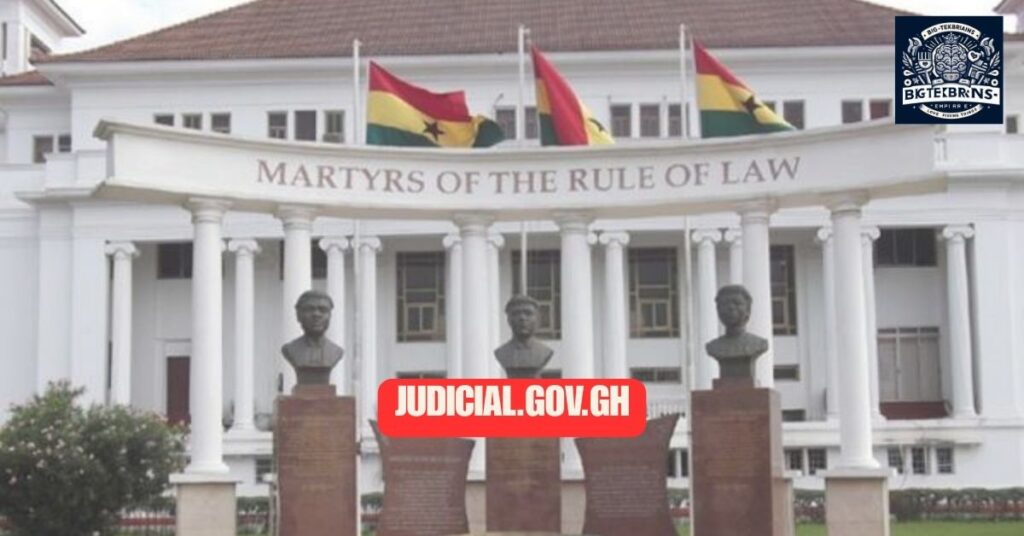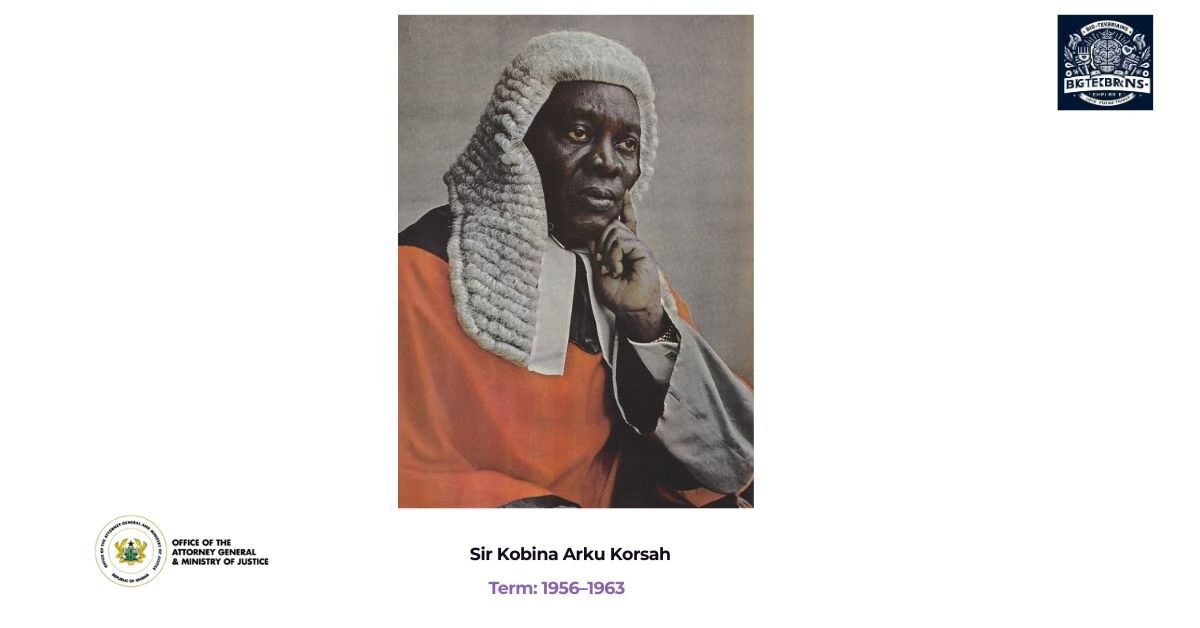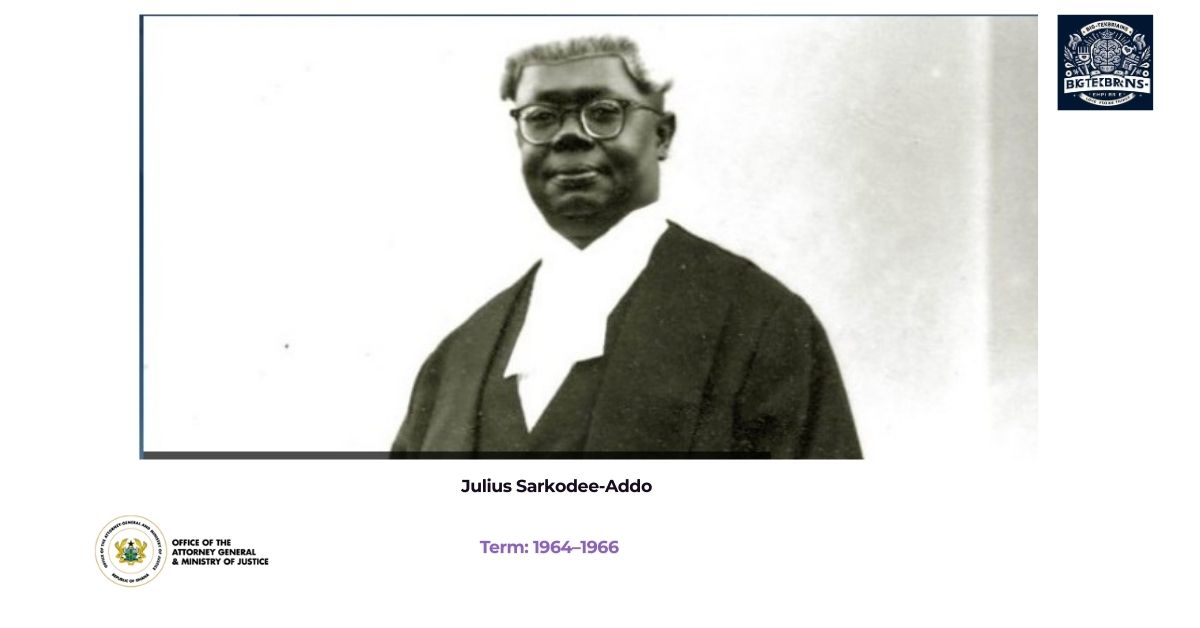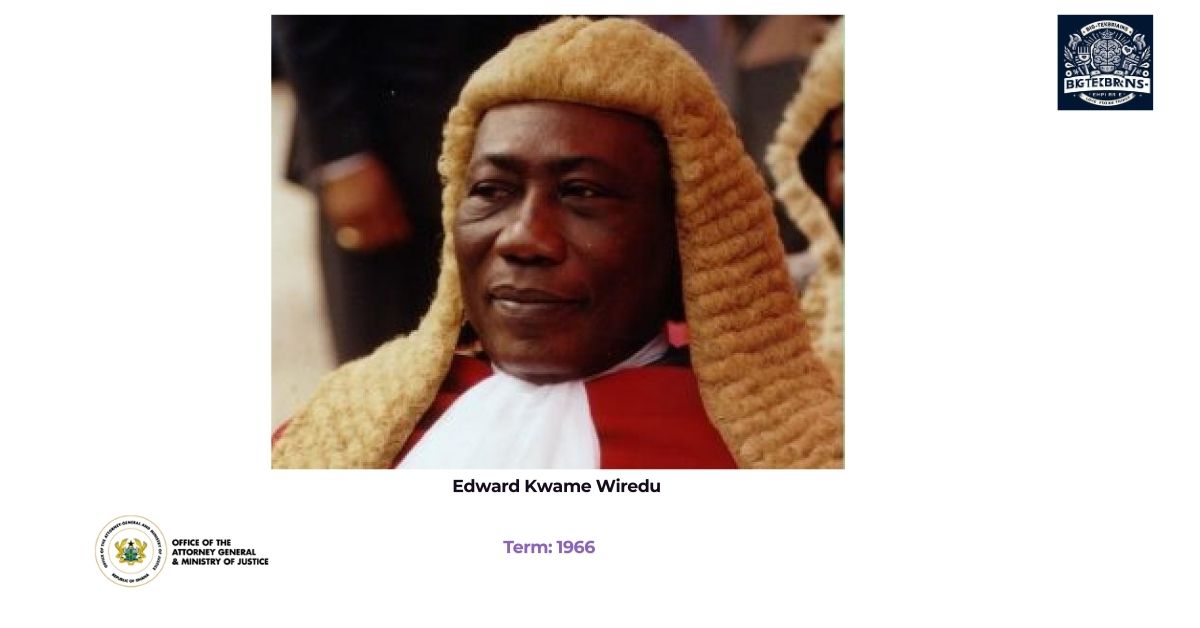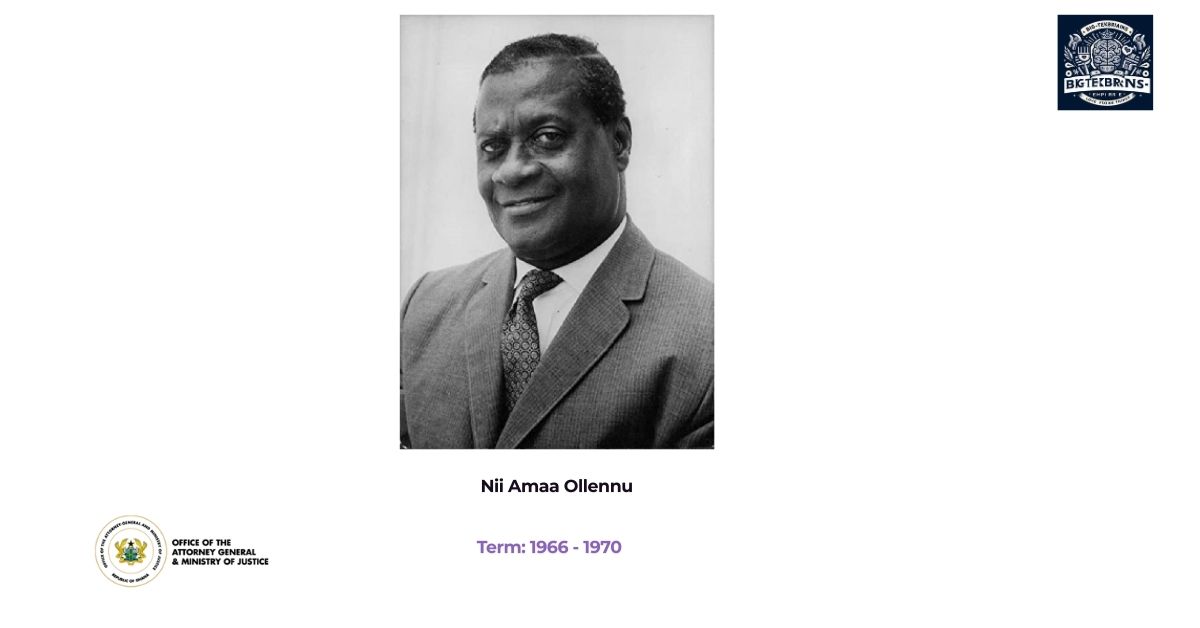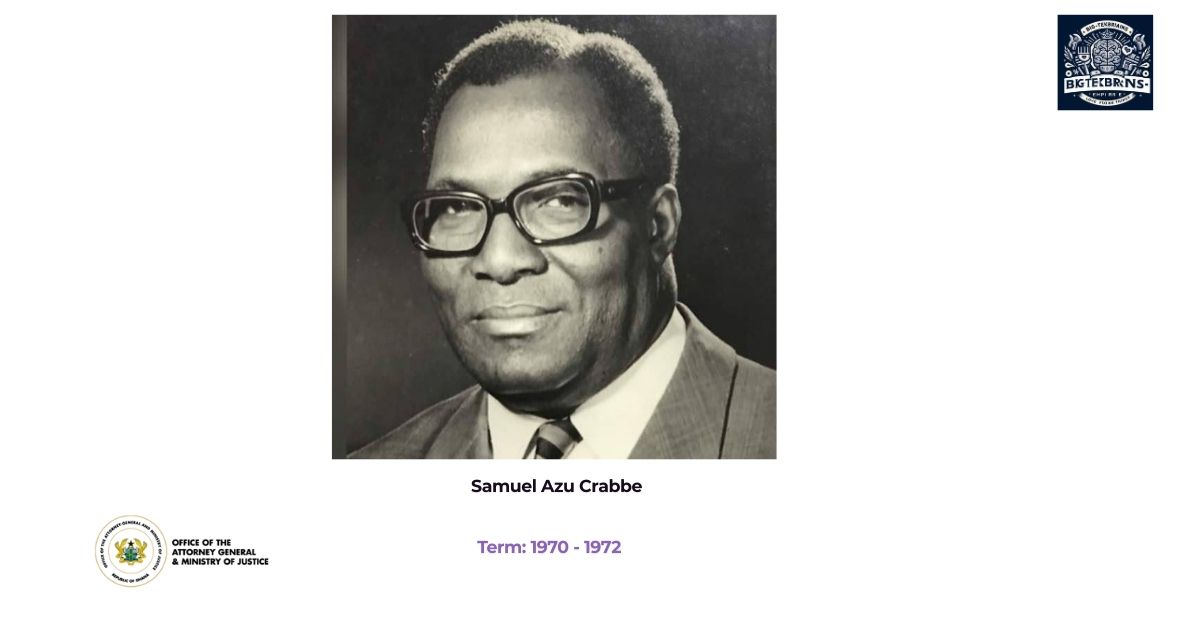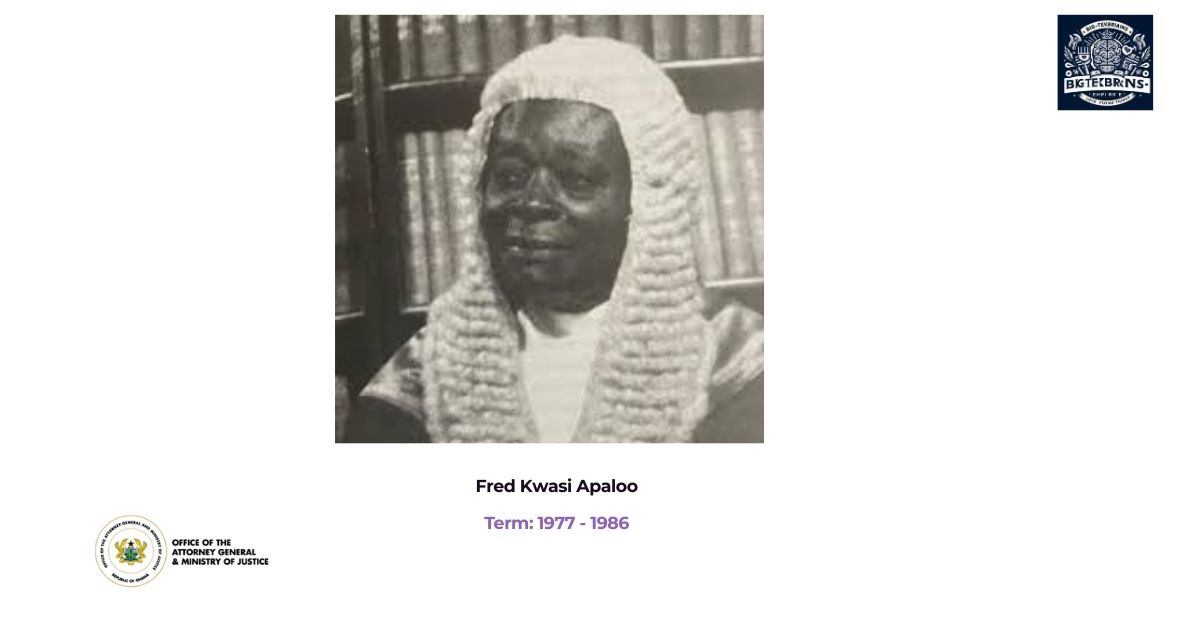Introduction
The Judicial Service of Ghana is a constitutionally established body responsible for interpreting and upholding the laws of Ghana. Here’s an in-depth overview of its history, leadership, constitutional mandate, job roles, ranks, and related institutions:
Chief Justices of Ghana
Historical Overview
Pre-Independence Era:
- The judicial system in Ghana began under British colonial rule by establishing courts based on English common law.
- The Supreme Court of the Gold Coast was established in 1876 under the British colonial administration.
Post-Independence Era:
- Ghana attained independence in 1957, and the judiciary transitioned to a system based on the country’s first Constitution.
- The 1960 Constitution established Ghana as a republic, introducing the Court of Appeal and the Supreme Court as separate entities.
Judicial Reforms:
- Over the years, Ghana has undergone various judicial reforms to improve access to justice, reduce corruption, and enhance efficiency.
Leaders of the Judiciary
Chief Justice:
- The Chief Justice heads the Judiciary and presides over the Supreme Court.
- They are responsible for ensuring the independence and effectiveness of the judiciary.
Notable Chief Justices:
- Edward Akufo-Addo (First Ghanaian Chief Justice under the 1960 Constitution)
- Sophia Akuffo (Second female Chief Justice of Ghana)
- Gertrude Torkornoo (Current Chief Justice as of 2024).
Judges and Magistrates:
- The President appoints judges of the Superior Courts upon the advice of the Judicial Council and approval by Parliament.
- Magistrates oversee cases in the lower courts.
Constitutional Mandate
Under the 1992 Constitution of Ghana, the judiciary is established as an independent arm of government. Key provisions include:
Article 125:
- Vests judicial power in the Judiciary and establishes its independence from the executive and legislative branches.
Article 126:
- Lists the courts of Ghana, including the Superior Courts (Supreme Court, Court of Appeal, and High Court) and Lower Courts.
Article 127:
- Guarantees the independence of the judiciary and prohibits interference by other branches of government.
Article 128-133:
- Details the composition, powers, and functions of the Supreme Court, including its role in constitutional interpretation.
Job Roles and Ranks in the Judiciary
Judges and Magistrates:
Supreme Court Justices:
- The highest court in Ghana, with ultimate appellate jurisdiction and authority to interpret the Constitution.
- Resolves disputes relating to constitutional interpretation.
- Handles cases of national importance, such as election petitions.
Court of Appeal Justices:
- An intermediate appellate court that hears appeals from lower courts.
- Reviews decisions of the High Court and Regional Tribunals.
High Court Judges:
- Handles significant civil and criminal cases and supervises lower courts.
- Original jurisdiction in serious criminal and civil cases.
- Supervisory role over lower courts like Circuit and District Courts.
Circuit Court Judges:
- Handles intermediate-level civil and criminal cases.
- Deals with cases like fraud, property disputes, and other offenses beyond the jurisdiction of District Courts.
Magistrates (for district and specialized courts):
- The Lowest courts in the judicial hierarchy, handling minor offences and civil matters.
- Adjudicates small claims, minor criminal cases, and other local disputes.
Administrative Staff:
- Judicial Secretary
- Registrars and Assistant Registrars
- Court Clerks and Interpreters
- Bailiffs
Support Roles:
- Legal Researchers
- IT Specialists (for e-justice platforms)
- Financial Analysts (for court accounts)
Institutions Under the Judicial Service
Courts:
- Superior Courts: Supreme Court, Court of Appeal, High Court.
- Lower Courts: Circuit Courts, District Courts, Juvenile Courts, and Family Tribunals.
Judicial Council:
- Advises the Chief Justice and the government on judicial appointments and policy.
Judicial Training Institute (JTI):
- Provides continuous legal education and professional development for judges, magistrates, and court staff.
E-Justice System:
- A modernized electronic system to streamline court processes, reduce delays, and improve access to justice.
Offices Under the Judicial Service
Court Registries:
- Located at all court levels for filing cases, accessing judgments, and providing case information.
Judicial Service Regional Offices:
- Support local courts with administrative functions.
E-Justice Offices:
- Facilitate electronic case filing and management.
Constitutional Rights and Access to Justice
Right to Fair Trial:
- Guaranteed under Article 19 of the Constitution.
- Includes the presumption of innocence, access to legal representation, and a speedy trial.
Appeals and Judicial Review:
- Citizens can appeal lower court decisions to higher courts.
- The Supreme Court has the power of judicial review to ensure the constitutionality of laws.
Challenges and Reforms
Challenges:
- Case backlog and delays in justice delivery.
- Issues with corruption and transparency in some areas.
- Limited resources for infrastructure and personnel.
Reforms:
- Implementation of the Alternative Dispute Resolution (ADR) mechanism.
- Digitization of court records through the E-Justice system.
- Public outreach programs to improve legal awareness.
FAQs
1. What is the role of the Judicial Service of Ghana?
The Judicial Service of Ghana is responsible for interpreting and applying the laws of Ghana, ensuring justice, and safeguarding constitutional rights. It operates independently of the executive and legislative arms of government.
2. Who is the head of the Judiciary in Ghana?
The Chief Justice is the head of the Judiciary in Ghana. The current Chief Justice as of 2024 is Justice Gertrude Torkornoo.
3. What are the levels of courts in Ghana?
Ghana’s courts are divided into two main categories:
- Superior Courts: Supreme Court, Court of Appeal, and High Court.
- Lower Courts: Circuit Courts, District Courts, Juvenile Courts, and Family Tribunals.
4. What guarantees the independence of the Judiciary in Ghana?
The 1992 Constitution of Ghana, particularly Article 125 and Article 127, guarantees the independence of the Judiciary and prohibits interference by other branches of government.
5. What is the Judicial Council of Ghana?
The Judicial Council advises the Chief Justice and the government on judicial appointments, policy issues, and matters affecting the Judiciary’s operations.
6. What is the Alternative Dispute Resolution (ADR) mechanism in Ghana?
The ADR mechanism allows parties to resolve disputes outside traditional courtrooms through mediation, arbitration, and negotiation, promoting faster and less expensive resolutions.
7. How are judges appointed in Ghana?
The President appoints judges of the Superior Courts upon the advice of the Judicial Council and approval by Parliament. Magistrates and other lower court judges are appointed by the Judicial Service.
8. What challenges does the Judicial Service of Ghana face?
Some challenges include case backlog, limited resources, corruption concerns, and infrastructure issues. Reforms like the E-Justice system and ADR mechanisms aim to address these.
9. What is the Judicial Training Institute (JTI)?
The JTI provides continuous legal education and professional development for judges, magistrates, and court staff to enhance their competencies.
10. How does the E-Justice system improve Ghana’s judiciary?
The E-Justice system digitizes court processes, facilitates electronic filing, and reduces delays, enhancing the efficiency and transparency of justice delivery in Ghana.
References
- Ghana’s 1992 Constitution: Official Website
- Judicial Service of Ghana Publications
- Legal Reforms in Ghana – World Bank Reports
- History of the Judiciary – Ghana Bar Association Archives

